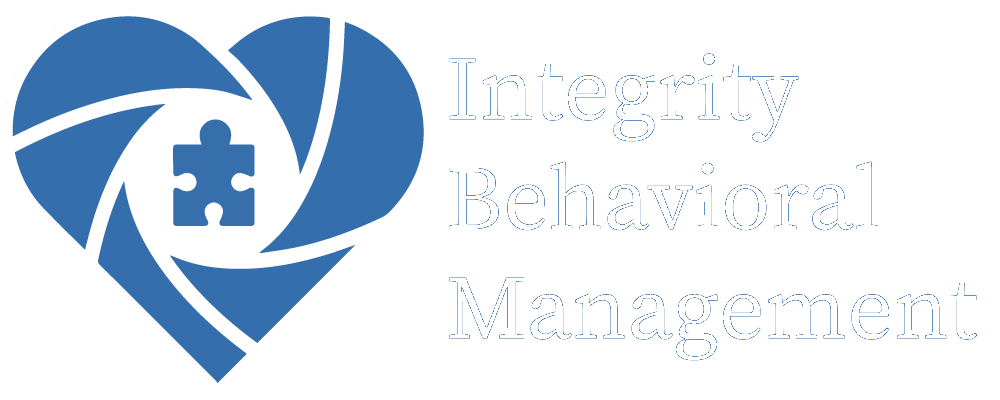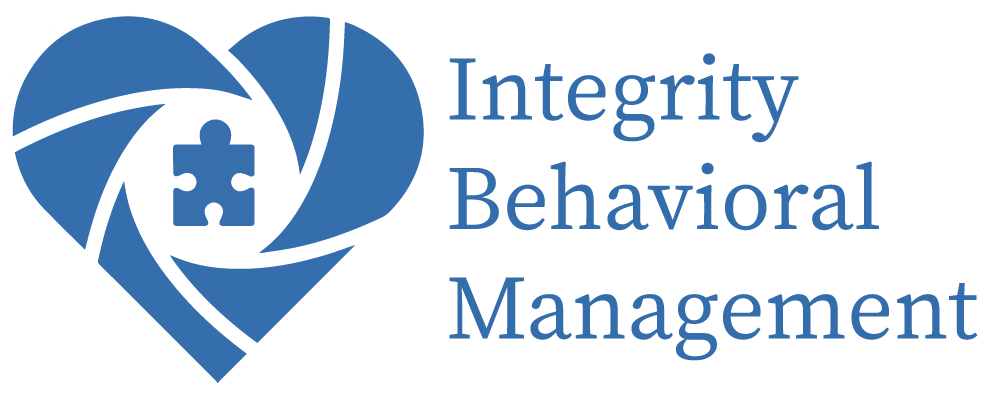The transition from residential treatment to an Intensive Outpatient Program (IOP) is a significant milestone in the journey of addiction recovery. This crucial step presents an exciting opportunity for increased independence and a challenging test of the skills and strategies learned during inpatient care.
In this article, we will go through the intricacies of moving from residential treatment to IOP, offering insights and practical advice to help make this transition as smooth and successful as possible.
Preparing for the Transition
Before making the transition, you should undergo comprehensive assessments to ensure you’re ready for outpatient treatment programs.
It’s crucial to establish a strong support network, including family and friends, who can provide encouragement and accountability as you adjust to your new environment.
Developing a personalized aftercare plan is essential in preparing for the transition. This plan should include coping strategies for managing triggers and stressors, helping you maintain the progress you’ve made in residential care.
Open communication with treatment professionals is key to addressing any concerns or necessary adjustments to your treatment plan as you move into IOP.
To ensure a seamless continuation of care, consider scheduling outpatient therapy sessions ahead of time. This proactive approach will help you maintain the momentum gained during residential treatment and provide ongoing support as you navigate the challenges of reintegrating into daily life.
Find out how our IOP at Integrity Behavioral Management in New Orleans will provide you with the tools, support, and guidance needed to thrive in your journey to long-term sobriety.
Key Components of a Successful IOP Transition
A clear discharge plan is essential, outlining your ongoing treatment needs and the support systems you’ll have in place.
Engaging in pre-IOP counseling sessions can help you prepare by establishing coping strategies and reinforcing the skills you learned during residential treatment. Family involvement is also crucial, as it can enhance support by addressing dynamics and communication issues that may affect your recovery.
Maintaining consistent communication with treatment professionals and support networks is key to addressing any challenges that arise during the transition period. Regularly attending IOP sessions, typically 3-4 days per week for 9-12 hours total, reinforces accountability and continuity of care. This aids in your adjustment to daily life post-residential treatment.
The Role of Family and Friends
As you adjust to life after residential treatment, your family and friends play a vital role in supporting your ongoing recovery journey. Engaging them in family therapy sessions can help address communication issues and role changes that may arise during this transition.
Family counseling improves understanding of addiction’s impact and fosters healthier communication patterns within the family unit. It’s crucial to identify and mitigate potential conflicts, ensuring a smoother transition as you return home.
Recognize that family dynamics may shift significantly after addiction treatment, and understanding these changes is vital for providing effective support during your recovery process. Structured family therapy sessions offer a safe space to navigate these challenges.
Involving friends and family as part of your recovery support system can significantly enhance motivation and accountability as you participate in IOP.
You can learn more details about the impact of family on an individual’s progress in addiction recovery here: https://integritybehavioralmanagement.com/intensive-outpatient-program/
Navigating Potential Challenges
It’s crucial to lean on your support network during this time, as they can provide the encouragement and accountability you need to stay on track.
Remember that ongoing therapeutic support is essential for maintaining your progress and addressing any difficulties that arise. Don’t hesitate to reach out to your therapist or attend additional support group meetings if you’re struggling.
Balancing daily responsibilities with your recovery can be tough, but with the right tools and support, you can overcome these challenges and continue moving forward in your journey to overcome substance use disorder.
Stay focused on your goals, practice the coping strategies you’ve learned, and celebrate each milestone along the way.

The Importance of Self-Care During Transition
Engaging in regular practices that promote physical and mental well-being is vital for maintaining the progress you’ve made in recovery from mental health and substance use disorders.
Incorporating mindfulness techniques, such as meditation and deep breathing exercises, can help you better regulate emotions and manage stress during this transition.
Establishing a consistent daily routine that includes self-care activities, like exercise and proper nutrition, fosters stability and resilience, empowering you to face the challenges of adjusting to life outside of residential treatment.
Final Thoughts from Integrity Behavioral Management
Individuals can successfully navigate the transition and continue building a strong foundation for lasting recovery with the right mindset, support system, and treatment program.
Integrity Behavioral Management’s IOP, located in the New Orleans area, provides a structured and supportive environment to help individuals navigate this important phase of recovery. Our program is designed to offer the flexibility and independence needed for reintegration into daily life while maintaining the essential support structure crucial for ongoing sobriety.





